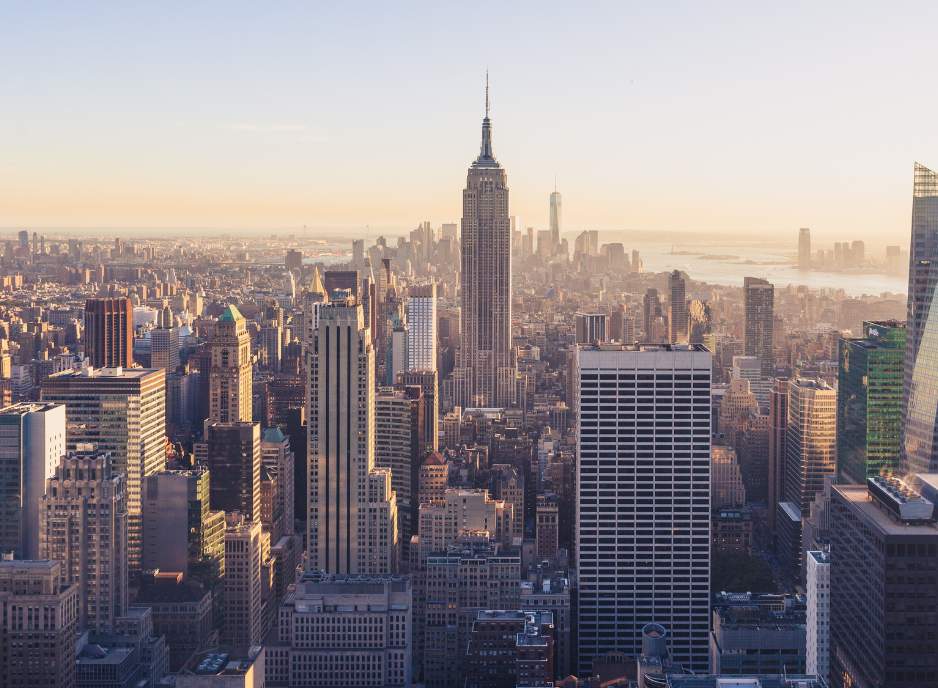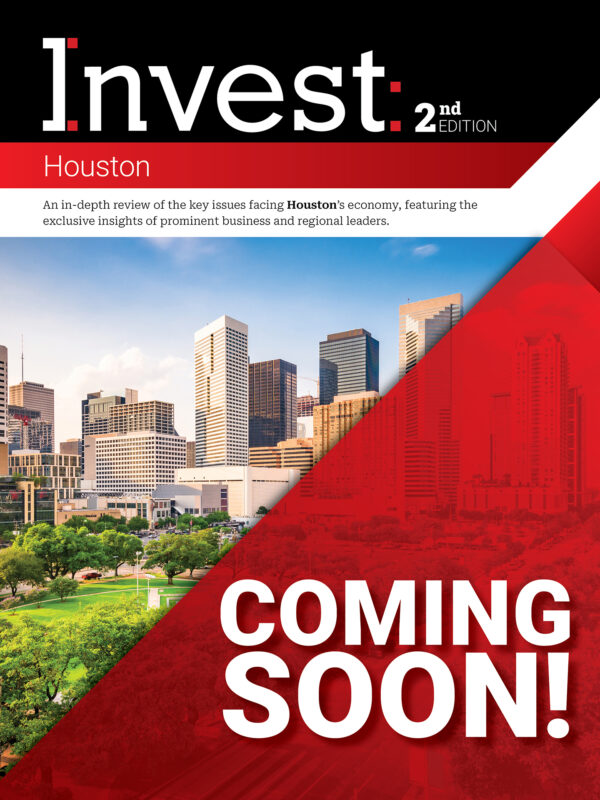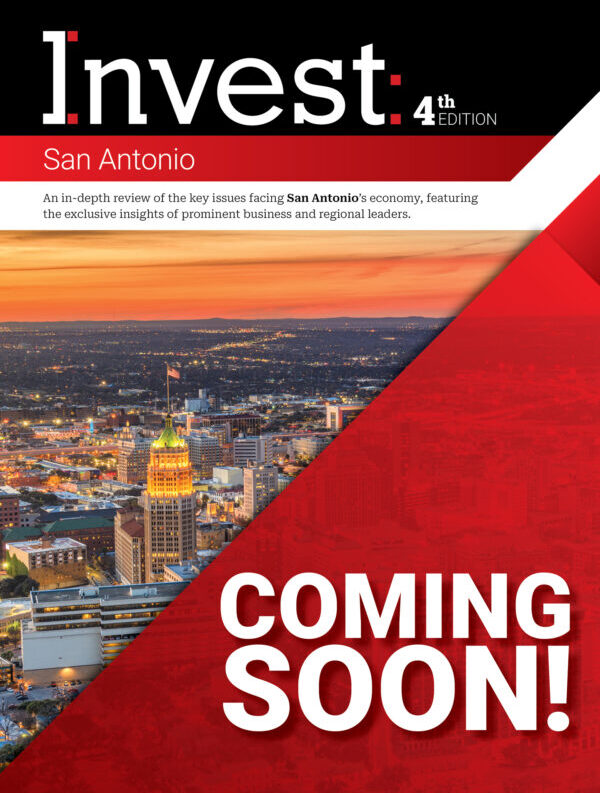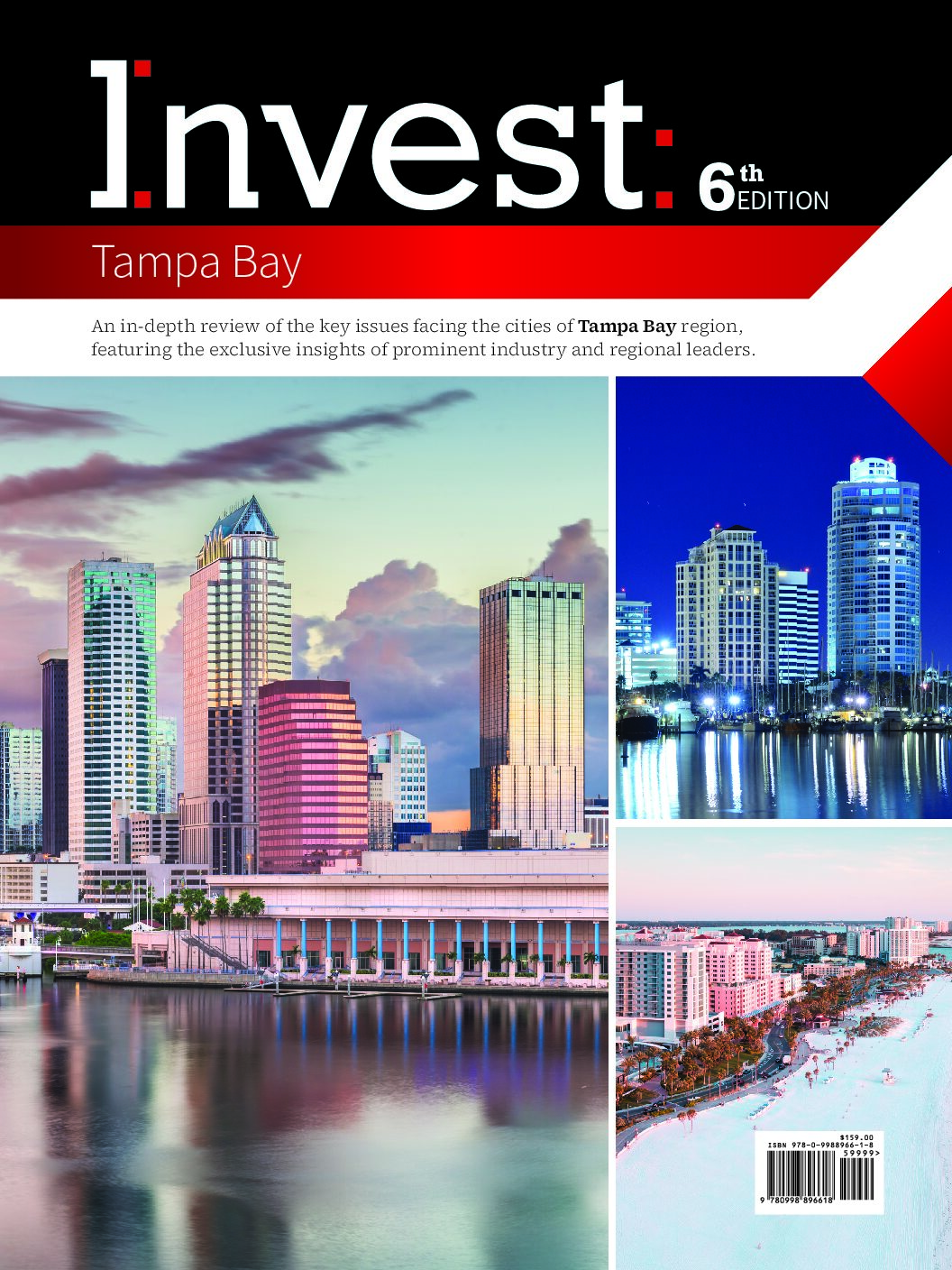Derek Brindisi, Town Manager, Town of Plymouth
In an interview with Invest:, Derek Brindisi, town manager of Plymouth, highlighted significant efforts to expand the blue economy and the successful Blue Future Conference. He also emphasized initiatives in workforce development and affordable housing, along with enhancements in public safety through strategic resource deployment and new programs.
What have been some of the significant economic developments in Plymouth over the past year?
We’ve seen several small businesses open in the past 12 months, especially in our downtown waterfront district. For example, a new brewery named Vitamin Sea Brewing has been operating for about two months and is extremely popular, attracting almost six times more customers at the Plymouth location compared to their previous one in Weymouth. This is an example of a recent success in our small business community.
One of the priorities of the Economic Development Foundation is to seek entrepreneurs in expanding our blue economy. Various companies are now exploring the possibilities and have demonstrated significant interest of using Plymouth as a launching point, showing promising potential.
What are your takeaways from the Blue Future Conference?
Last year, The Blue Future Conference, organized by Stephen Cole, Executive Director of the Economic Development Foundation, was even more successful than the first year. We expect this fall’s conference to continue building on previous successes.
Thanks to the conference, we’ve been in discussions with various businesses interested in Plymouth’s 36 miles of coastline as a launch point for their ventures. There’s been expansion in our aquaculture industry, and we’ve seen continued positive growth. Additionally, there have been discussions about using kelp in various food products; for instance, a brewery used kelp in some of their brews this past year. The Blue Future Conference continues to inspire ideas on how we can utilize Plymouth’s waterways.
What initiatives or collaborations are in place to enhance job opportunities and workforce development?
One notable program, led by Stephen Cole, focuses on developing our future labor pool. on its fourth year, the town has supported a children’s business fair. The inaugural students are now entering high school, having learned to turn their ideas into small businesses. We’re excited about how these young entrepreneurs will use their early experiences to spark future small businesses in town.
Our labor pool is mainly in the service and tourism industries. We’re exploring ways to attract businesses that require a different type of labor pool with higher-paying jobs, reducing the need for commuting to Boston. We’re collaborating with developers on projects related to sports tourism, the hotel industry, and potentially biotechnology.
How are the changing demographics affecting planning and services, especially regarding housing affordability?
The Select Board has prioritized developing more affordable housing. Town Meeting, our Legislative Body, approved approximately $8 million in subsidies for affordable housing this past year. One project specifically targets providing affordable housing for existing Plymouth residents. We’re doing as much as we can to address this issue. Additionally, we’ve recognized that nearly 30% of our population is 55 and older. This growing and aging community requires us to deliver municipal services more aggressively and in different ways to meet their needs.
What methods is the Town of Plymouth incorporating to enhance community involvement?
About a month ago, we launched our 20–year master planning process through the Planning Board and we expect this process to take about 18 months to complete. This master plan will set the stage for the next 20 years of growth in our community. It will address issues like affordable housing, open space, recreation, and will consider our aging population. We plan to hold numerous community engagement meetings throughout our villages to gather input directly from community members. These inputs will inform our decision-making process for the master plan.
How are you implementing and enhancing public safety in Plymouth?
We’ve made significant strides in public safety. Both our fire and police departments have undergone comprehensive analyses over the past 24 months, resulting in recommendations for future improvements. These focus on redeploying resources and adopting modern strategies for fire suppression and law enforcement.
The police chief has launched two key programs. First, he developed the “Community Connection Team” where he assigned a police officer to attend each of our six village meetings, serving as liaisons to the town government. Second, he’s using data to inform deployment strategies, establishing a Crime Analysis Unit to identify trends and hotspots for more effective resource allocation.
Our fire department has been equally active, redeploying officers and firefighters, building two new fire stations in the past year, and planning to reconstruct a third within the next 24 months. We’re investing heavily in public safety to ensure our community is well-protected.
How does Plymouth collaborate with other cities and towns to advance mutual interests?
Two main initiatives highlight our collaborative efforts. First, we recently marked the one-year anniversary of consolidating our 911 dispatch centers for fire, police, and EMS with the Plymouth County Sheriff’s Department, improving efficiency.
Second, we’re working with five neighboring communities through a regional public health model. This collaboration leverages existing resources to provide higher levels of public health service, which is crucial post-COVID-19. By pooling resources, we enhance public health protection across the region.
What is your outlook for Plymouth over the next two to three years, and what are your top priorities?
We have several key initiatives underway. We’re strategically expanding our business sector with developers. Sustainability and resiliency are also priorities, especially regarding infrastructure. Significant downtown projects are addressing climate change and sea-level rise, aiming to prepare us for future environmental challenges.
We’re also discussing building a downtown convention center, which is gaining community interest. Enhancing existing tourism facilities is another focus. For example, we plan to invest significantly in a town-owned music venue currently under analysis.
Lastly, we’re developing about 100 acres of recreational land with local developers. We aim to support sports tourism, which we see as a growing industry for Plymouth in the coming years.













